National Network for an Inclusive Future (NANIF)

JCIE has launched the National Network for an Inclusive Future, which aims to support the establishment of regional platforms to discuss the acceptance and settlement of foreigners throughout Japan. With support from the Toyota Foundation, JCIE will work with local governments, councils, NPOs, companies, media, and other Japanese organizations tackling obstacles to foreign talent and multicultural coexistence in local communities.
JCIE Publication | Supporting Disaster Survivors in Japan
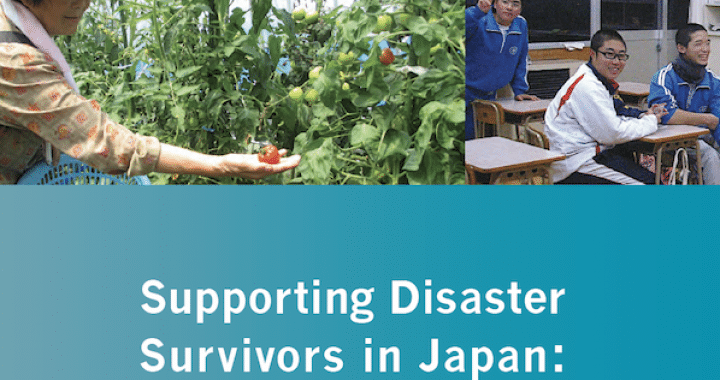
This report highlights Kamaishi City Social Welfare Council, Kodomo no Empowerment Iwate, Kurashi no Supporters, and SakuraNet, four nonprofit organizations that received $2.8 million in United Way Worldwide Funding.
JCIE Publications | Getting International Disaster Philanthropy Right: Lessons from Japan’s 2011 Tsunami
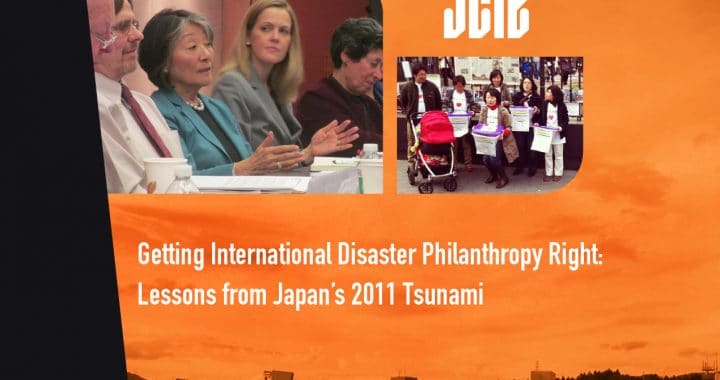
This report looks closely at the US’s philanthropic response to Japan’s March 2011 tsunami, drawing lessons on what can be done in future responses to overseas disasters, especially in other developed countries.
JCIE Publications | Innovative Disaster Responses: Model Approaches from Japan’s 3/11 Disaster
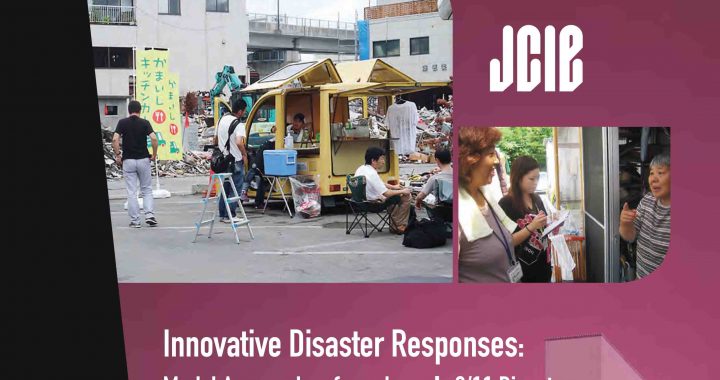
In the wake of the Great East Japan Earthquake and the role of the Japanese civil society in the recovery and reconstruction process, this report analyzes four innovative projects that can be emulated after disasters in other countries.
JCIE Publication | A Growing Force: Civil Society’s Role in Asian Regional Security
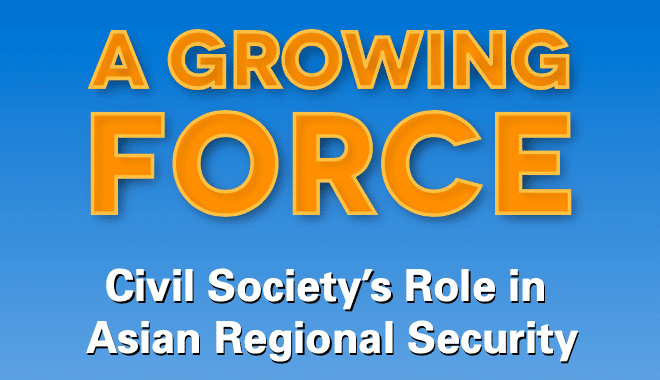
The authors explore the role of civil society organizations in responding to security threats in the five areas of piracy, disaster relief, human trafficking, health, and climate change, in order to analyze their effectiveness and what can be done to make them more successful.
JCIE Publications | The Role and Challenges of Japanese NGOs in the Global Health Policymaking Process
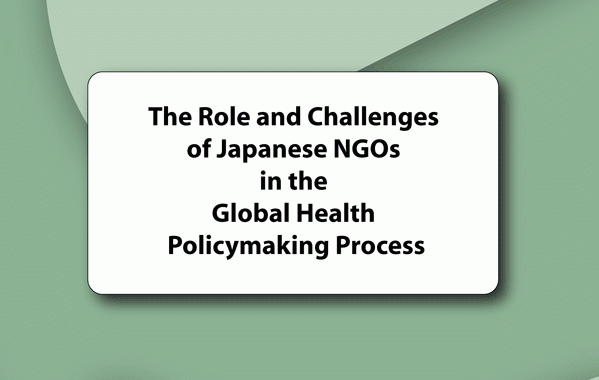
The Waseda Institute carried out a survey of current Japanese NGO activities in global health; as a result, they were able to identify specific concerns relevant to Japanese healthcare NGOs and possible future steps towards a greater international role.
JCIE Publications | Corporate-NGO Partnership in Asia Pacific
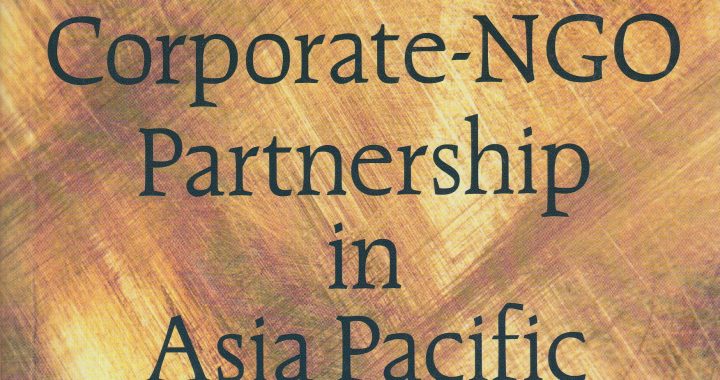
This book examines the emerging trends in the Asia Pacific region that have encouraged the formation of partnerships between corporations and nongovernmental organizations.
JCIE Publications | Preparing for Future Disasters: Strategic Assistance and the US-Japan Alliance

This JCIE/NBR report examines the challenges posed by major disasters in the Asia-Pacific and argues that the United States and Japan need to elevate humanitarian assistance and disaster relief to be a key component of their combined regional security strategy.
JCIE Publications | Asia on the Move: Regional Migration and the Role of Civil Society
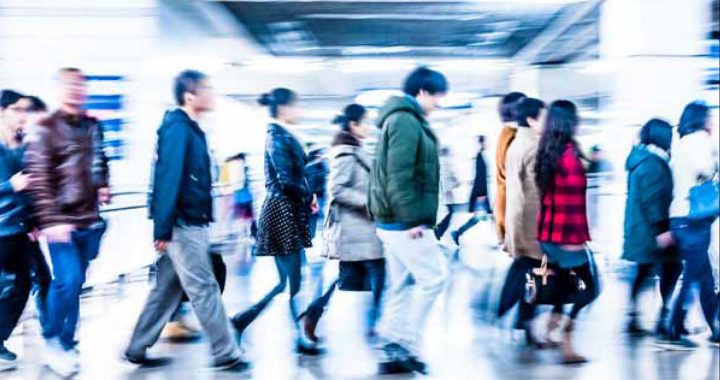
Experts analyze migration trends in China, Japan, Korea, and Southeast Asia; government efforts to manage this movement; and the role of NGOs in helping to protect migrants and to harness migration to benefit the region.
JCIE Publications | Governance and Civil Society in a Global Age

The authors discuss the current state of civil society in their own countries, the challenges facing institutions of governance, the need to reform domestic governance, and the evolution of the role of civil society in governance.
